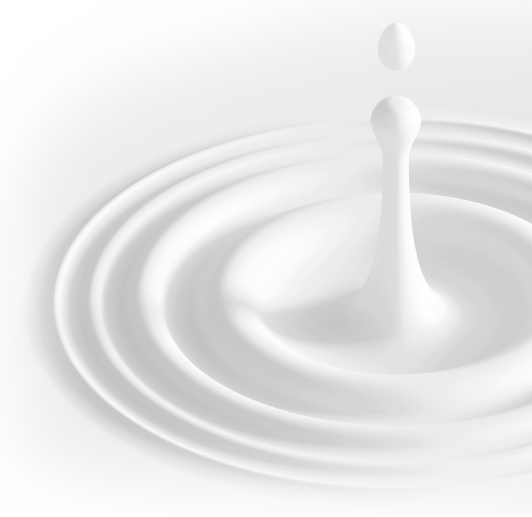No one was really away, of course. The RESOLV scientists resiliently continued their research during the COVID pandemic, but the work certainly felt different in this special time. In particular the lack of personal exchange was missed by the scientists. “Only with personal contact, perhaps over a cup of coffee during the break or between meetings, can new, innovative ideas emerge. Pure exchange of information works fine via Zoom, but that's about it.”- was a frequent statement heard during conversations at the retreat. One of the main goals of this year’s retreat was to enable that creative interchange again. Next to sharing scientific challenges, ideas and breakthroughs, the RESOLV scientist also took the opportunity to do a midterm review of the current funding phase. What was achieved in the last years and what comes next?
Long time no see
Unusually, this year's event was not held in March but in September and even more unusually, the last annual retreat was held more than 2.5 years ago. Due to the COVID pandemic, the retreat could not take place in 2020 and even in spring 2021, it was not possible to hold an in-person event. Naturally, everyone was happy, when at the end of September, the retreat could finally take place. With a lot of caution, a well-planned hygiene system and a few restrictions, but nevertheless, it could take place and everyone was excited to meet colleagues not seen for a long time, share their scientific results and exchange new ideas about solvation science. From newcomers and long time RESOLV members alike, the event was highly appreciated.
“This retreat simply has a special feeling; everyone is extra excited to meet each other again. Some of the newest RESOLV members haven’t even met their RESOLV colleges in person until now. The retreat almost feels like a fresh start!”, explains Prof. Dr. Viktoria Däschlein-Gessner, who is part of RESOLV since 2016. Dr. Mario Wiesenfeldt, for whom this was the very first RESOLV retreat, says: “As an incoming scientist, the retreat has been a tremendous opportunity for me to get to know the members of the RESOLV cluster. The diversity of the research interests presented is very impressive and it's tempting to envision plenty of collaborative projects, which would simply not be possible elsewhere.”
Three days packed with Solvation Science
Over 100 RESOLV scientists in every career stage and several guests from outside the cluster met to discuss the latest news in Solvation Science. The talks by RESOLV members and guests alike led to fruitful opportunities and creative ideas to tackle experimental challenges. In addition, the experienced scientists discussed recent research topics of the cluster. In smaller groups they review the impact of new projects on RESOLV's research activities for the coming years.
Another scientific highlight were the poster presentations, divided into three sessions throughout the retreat. RESOLVs early career researches used the chance to present their research of the previous years. During the award ceremony on the last retreat day, three students were honoured for their posters: Michael Lackner won third place for his poster on Characterizing the Role of Electronic Excitation in the Electrooxiation of Metal in Water. Second place went to Abhishek Kalarikkal for his poster covering Liquid-liquid Phase separation. The first place was awarded to Janine Kamps for her poster about: The N-terminal domain of the prion protein is required and sufficient for liquid-liquid phase separation; a crucial role of the Aβ-binding domain. Prof. Dr. Stefan Kast, dean of the graduate school, announced the winners but mentioned that the choice was extremely difficult as all the posters were outstanding.
Team work for Solvation Science
Some of the Early Career Researches had previously only met their colleagues online. The young scientists therefore, also used the retreat to get to know each other. The organised outdoor activities were a welcomed opportunity for this. They could try themselves at archery or go geocaching in small groups. The program was highly appreciated by the participants and both activities also have something in common with being a scientist; “Archery requires good aiming and a lot of training to master, such as good science does. Research always needs good teamwork, another important trait for our young researchers.”, Havenith concluded in her closing remarks at the end of the retreat.
Cutting-edge science, exchange and teamwork – The RESOLV retreat shows what the coming months will hold for the cluster of Excellence. The RESOLV members are, now more than ever, excited for science and doing new excellent research. Excited, to be back again!







